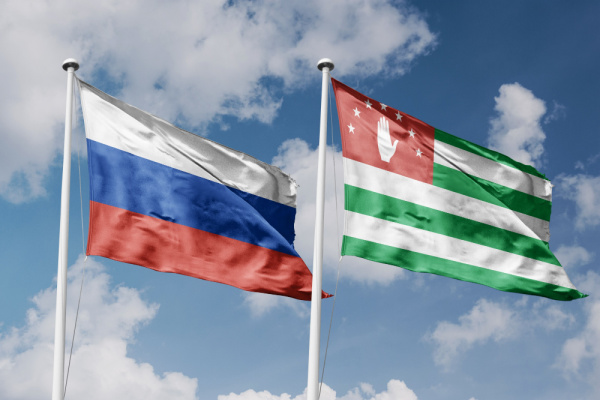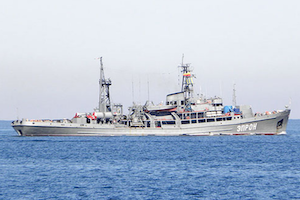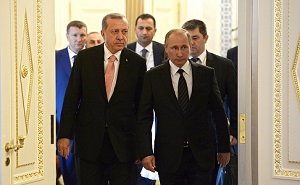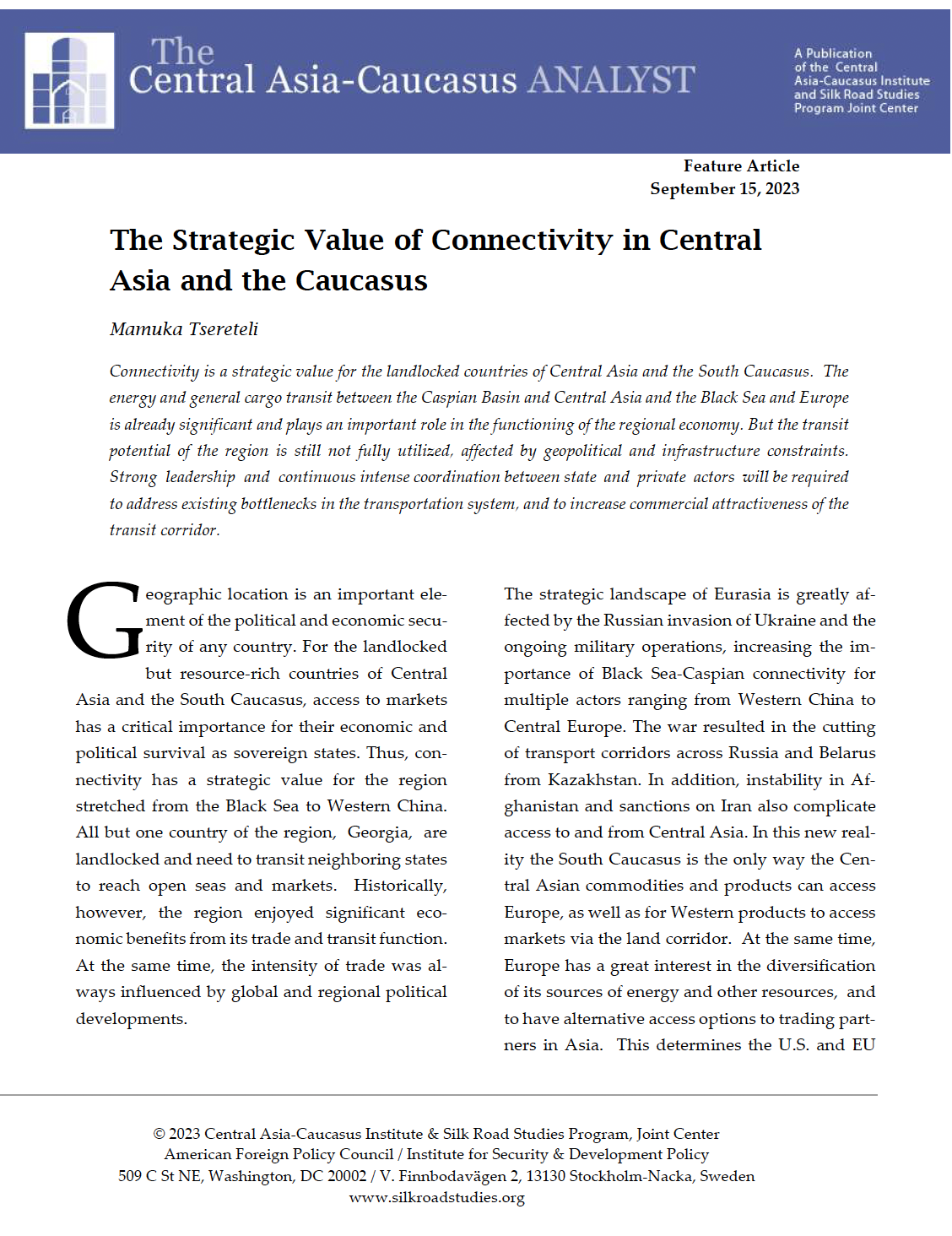Ochamchira: Russia’s New Naval Base In The Caucasus
By Stephen Blank
November 15, 2023
Russia has recently announced that it has obtained a new naval base on the Black Sea at Ochamchira. The base is located in Northwestern Georgia in the Abkhazian territory Russia conquered from Georgia in 2008, close to several other Russian army bases there and in neighboring South Ossetia, another region conquered in the 2008 war. This new base represents another example of Russian imperialism in progress. This imperialism is the same force that drove and now drives Russia’s ongoing aggression against Ukraine.

The Strategic Value of Connectivity in Central Asia and the Caucasus
By Mamuka Tsereteli
September 15, 2023
Russia's Strategic Economic Projects in the Caspian: Reality and Perspectives
By Nurlan Aliyev
July 22, 2019, the CACI Analyst
Russia’s minister of North Caucasus Affairs Sergey Chebotarev recently stated that Russia’s ports in the Caspian and Black Seas will become hubs in a new transport corridor, providing an alternative to the current transport corridor through the South Caucasus. In April, presidential adviser Igor Levitin underlined the necessity of transport projects in the Caspian Sea, aiming to connect Russia’s North and the South transportation links. The Russian government has recently announced several ambitious projects in the Caspian, designed to improve Russia’s strategic and economic presence in the region.

Weaker Turkey leaves the South Caucasus without Strategic Anchor
By Mamuka Tsereteli
February 17, 2017, the CACI Analyst
The weakening strategic position of Turkey will have a profound impact on the Black Sea-Caspian region and wider Central Asia. An assertive Russia and diminishing U.S. and Western engagement further limits Turkey's ability to play a pro-active role in the region. For regional actors in the South Caucasus, part of the solution should be to create the best possible conditions for transiting Asian cargos via Central Asia, the Caspian Sea, the South Caucasus corridor and the Black Sea to Bulgaria and Romania. This is how countries of the South Caucasus can bring new balancing powers to the region.

EU–China trade to bolster security in the South Caucasus
By Boris Ajeganov
January 23, 2017, the CACI Analyst
Foreign investment in Georgia is strengthening the country’s importance in connecting East Asia with Europe, which has positive implications for the broader region. The rise in FDI in commercial and transportation infrastructure in combination with the signing of international free trade agreements will reduce Georgia’s vulnerability in terms of economic and, ultimately, ‘hard’ security. The growing importance of the South Caucasus as node for EU-China trade will weaken Russia’s incentives to undermine its southern neighbors by military, political, and economic means as it has done in the past. Accordingly, Tbilisi’s ability to conduct an independent foreign policy is set to improve despite the absence of Western security guarantees.





